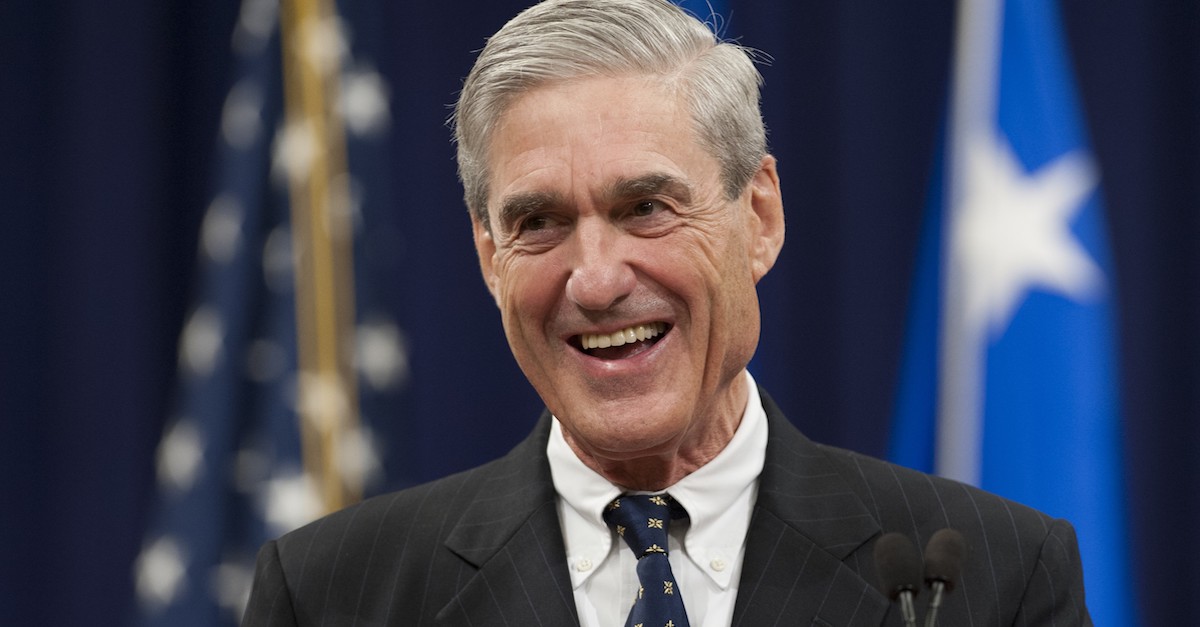
One thing that anyone following the Trump/Giuliani/Mueller interview dance has to realize at this point is that there is really no way that the President is going to voluntarily sit down with the Special Counsel. While Giuliani has flip-flopped on the question, when asked this week if the President would agree to testify under oath he candidly responded: “Come on, you think we are fools?”
The bottom line is that despite the public gamesmanship and talk of possible terms, under oath or not, the President almost certainly can’t and won’t take the risk.
So the question that will have to be resolved in the days to come is whether Mueller will subpoena– try to force– the President to testify in front of a grand jury. Independent Counsel Ken Starr prepared to subpoena President Clinton before he ultimately agreed to answer questions, under oath.
I have been publicly predicting that Mueller would not take the subpoena plunge. Not because the President would succeed in any legal challenge. The Supreme Court in the Nixon case ruled: “Neither the doctrine of separation of powers, nor the need for confidentiality of high-level communications, without more, can sustain an absolute, unqualified presidential privilege of immunity from judicial process under all circumstances.” Yes, there are differences here from both the Paula Jones/Clinton case (civil v. criminal) and the Nixon ruling (subpoena of tapes v. testimony) but in the end, Mueller’s legal odds would be more than good.
The primary reason Mueller wouldn’t move forward with a subpoena is because the President has likely become what is called a target of the investigation. There are three designations used by federal prosecutors: witness, subject and target. If he was just a witness, there would no obstacles to issuing a subpoena. The president’s lawyers have claimed that he has been deemed a “subject,” which is defined in the US Attorney manual as “a person whose conduct is within the scope of the grand jury’s investigation.” Think of it as legal purgatory. A target, on the other hand, is “a person as to whom the prosecutor or the grand jury has substantial evidence linking him or her to the commission of a crime and who, in the judgment of the prosecutor, is a putative defendant.”
Even though few expect Mueller to seek to indict a sitting president, that doesn’t mean that they aren’t investigating him the same way they would anyone else. And typically a prosecutor would not subpoena a target because, in essence the defendant would be called in front of a grand jury just to invoke his/her fifth amendment right against self-incrimination. The goal of a subpoena is not to just create a constitutional show, but to get testimony and evidence which you won’t get from a target.
But what has me questioning my previous assessment, is that Giuliani now seems to be working off a timeline. While on the one hand publicly admitting that delaying the process works to the president’s advantage, he rushed to submit his response to Mueller yesterday. So has Mueller threatened to subpoena the president? Almost certainly. Will he actually do it? I am still betting no but with far less confidence than I initially had.
I asked my followers on twitter who are lawyers and legal geeks to weigh in on the question and they were similarly divided. Here is a sampling of the responses on both sides.
Yes, Trump will get subpoenaed
https://twitter.com/sidmanlaw/status/1027399003040825344
https://twitter.com/jaimelasvegas/status/1027541549960364032
https://twitter.com/MLinout/status/1027418629388886016
No, Trump will not get subpoenaed
https://twitter.com/barrygenem/status/1027405607933018117
[Image via Saul Loeb/AFP/Getty Images]